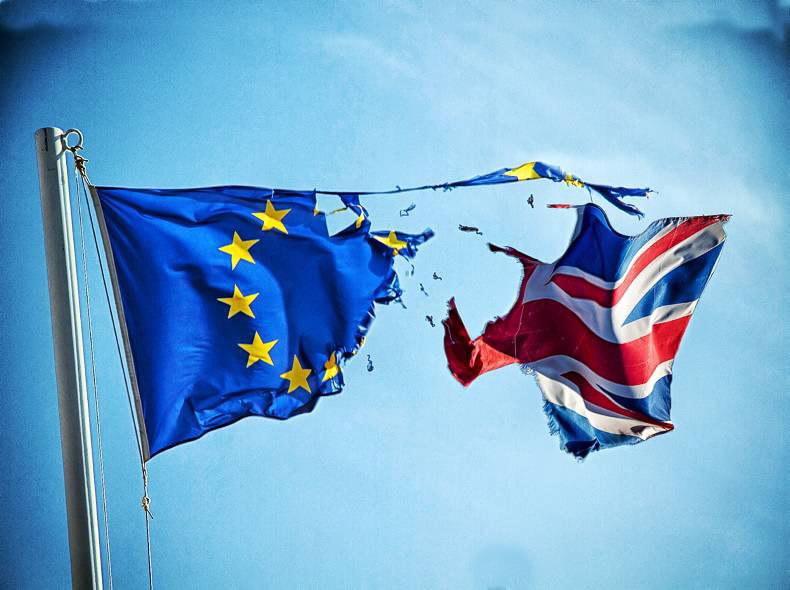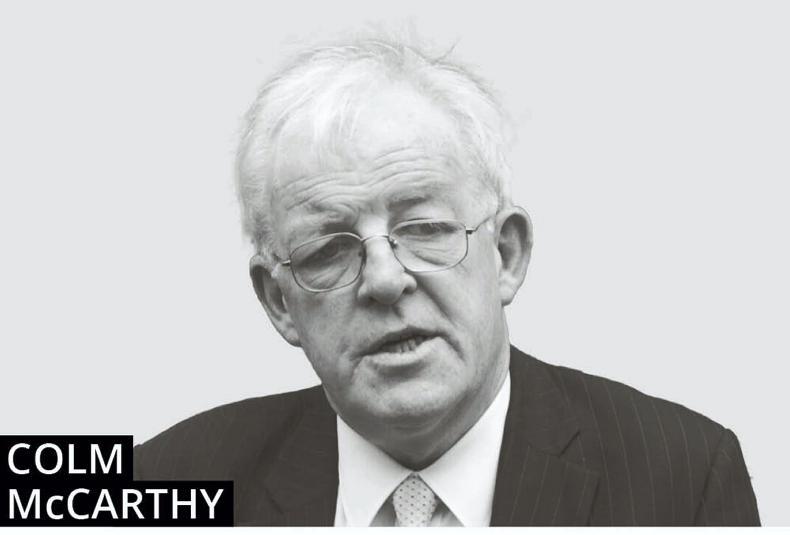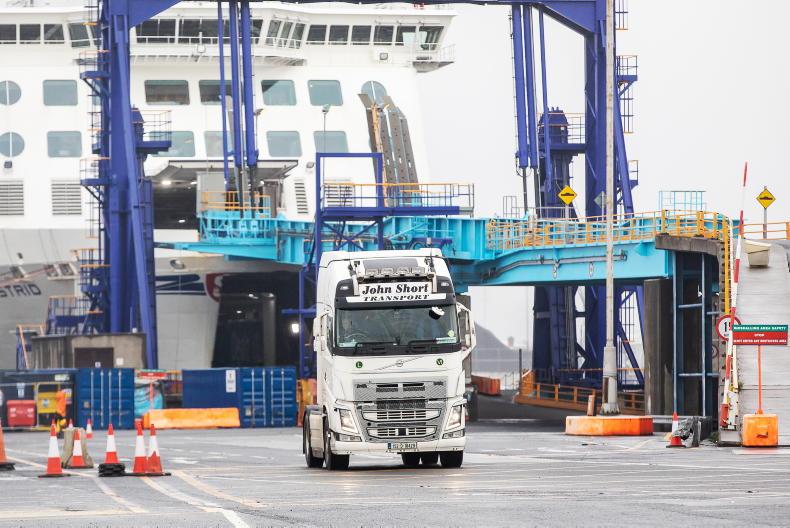According to UK media reports, Lord Chief Justice Thomas said May did not have the right to set in motion Article 50, the official start of the two-year EU divorce proceedings, without the backing of the UK parliament.
The court’s decision was based on the wording of Article 50, which says member states may leave the EU “in accordance with its own constitutional requirements”.
However, according to media reports, there is no clearly established “constitutional requirements”, leaving both sides free to make their own definitions.
Judgment
Making his judgment, the Lord Chief Justice said: “The government does not have power under the Crown’s prerogative to give notice pursuant to Article 50 for the UK to withdraw from the European Union.”
Within minutes of the judgment, the government announced it would appeal to the decision to the UK’s Supreme Court.
The fact that May now has to consult parliament gives rise to the possibility that those who opposed Brexit in the UK parliament will create obstacles to the process of triggering Article 50.
Every attempt will be made to block or delay triggering Article 50. They have no idea level of public anger they will provoke
May had announced at the Conservative Party conference last month that she intended to trigger Article 50 by the end of March 2017.
Reaction
I now fear every attempt will be made to block or delay triggering Article 50. They have no idea level of public anger they will provoke.
— Nigel Farage (@Nigel_Farage) November 3, 2016
Reacting to the news, UKIP leader Nigel Farage said: “Every attempt will be made to block or delay triggering Article 50. They have no idea level of public anger they will provoke.”
International Trade Secretary Liam Fox said: “The government is disappointed by the court’s judgment. The country voted to leave the European Union in a referendum approved by Acts of Parliament. The government is determined to respect the result of the referendum."
Businesswoman Gina Miller, who brought the case with hairdresser Deir Dos Santos, welcomed the decision and said it would “bring sobriety” to Brexit proceedings.
Fianna Fáil spokesperson on Foreign Affairs and Trade Darragh O’Brien welcomed the ruling and said it may give the British Government "pause for thought" as to how they are approaching Brexit.
"The approach taken so far by Prime Minister May would indicate that the UK is moving towards a hard Brexit which would have very serious negative ramifications for the entire island of Ireland. I would hope that today’s ruling may soften the UK Government’s stance and I welcome the fact that they will now have to consider and debate the views of the wider parliament before triggering Article 50."
Brexit and Ireland
On 23 June 2016, a UK referendum vote to leave the EU was carried by 52%. The implications of the vote for Ireland are most pronounced for our agricultural sector, which relies heavily on the UK as an export market. Irish food and drink exports to the UK accounted for 41% of total exports in 2015, valued at €4.4bn. This was an increase of 7% on the previous year.









SHARING OPTIONS